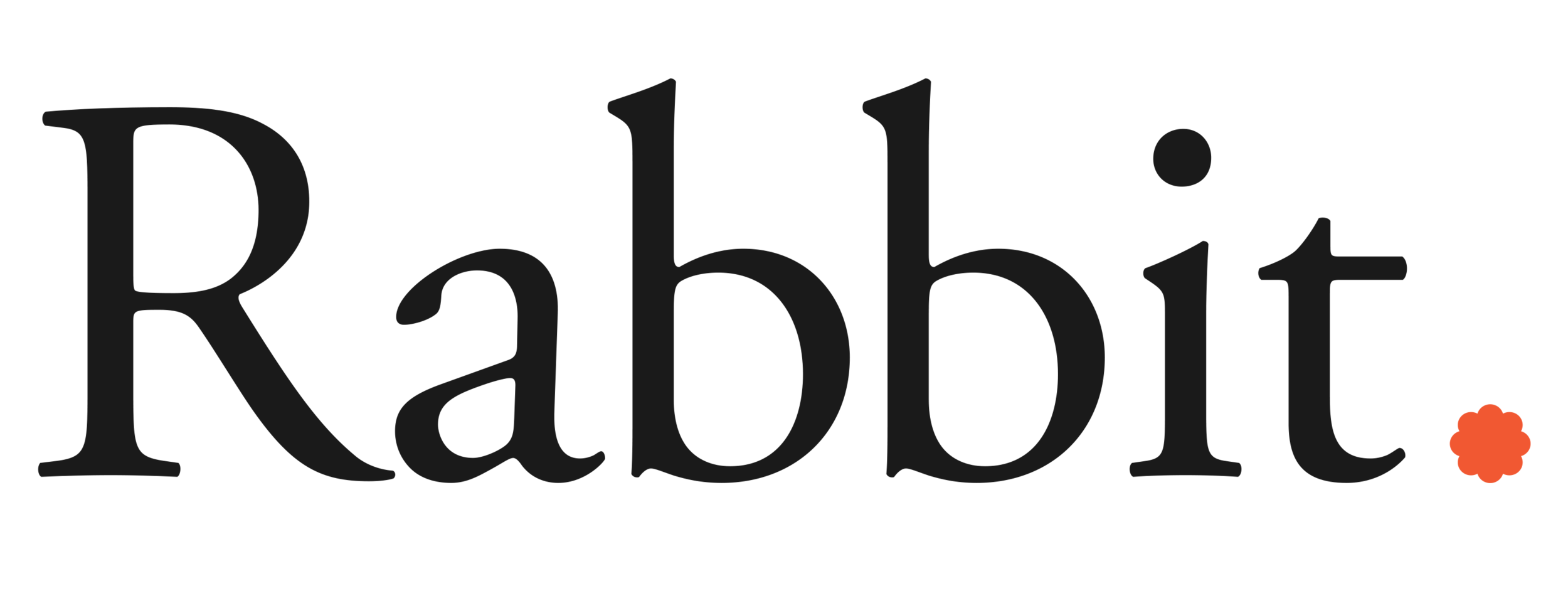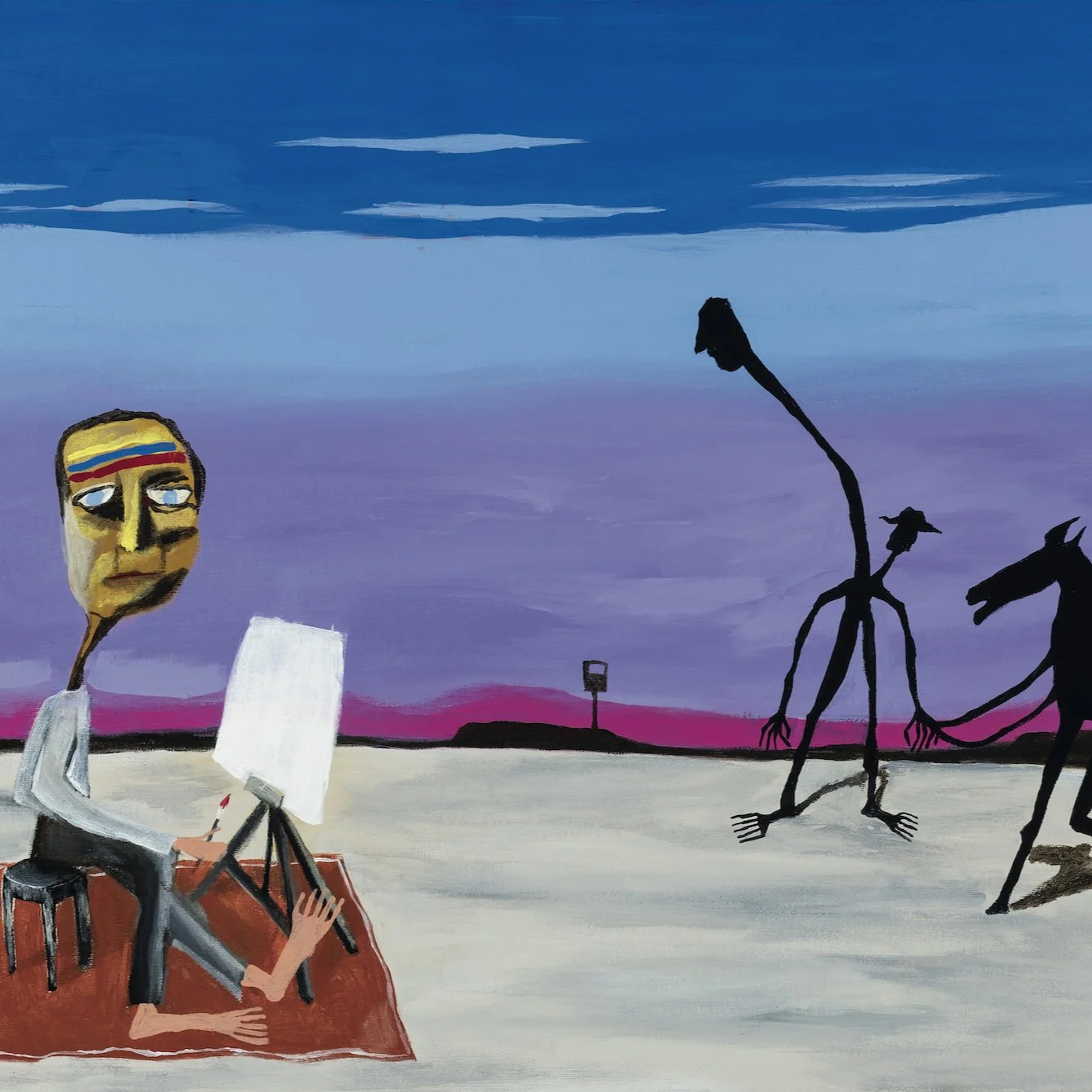Rabbit is currently accepting submissions for Issue 40: the EXTINCTION Issue, to be guest co-edited by Elena Gomez and AJ Carruthers.
The sixth mass extinction bears the marks of centuries of capitalist accumulation. While the science of climate catastrophe is well documented and broadly accepted, ways of preventing extinction are far from settled. Poetry has engaged with the destructive nature of capitalism and imperial expansion since early English industrialisation, and contemporary poetry confronts these questions with aesthetic curiosity and force. If it feels impossible to imagine a future, poetry offers itself as a site to do just that.
Read More








